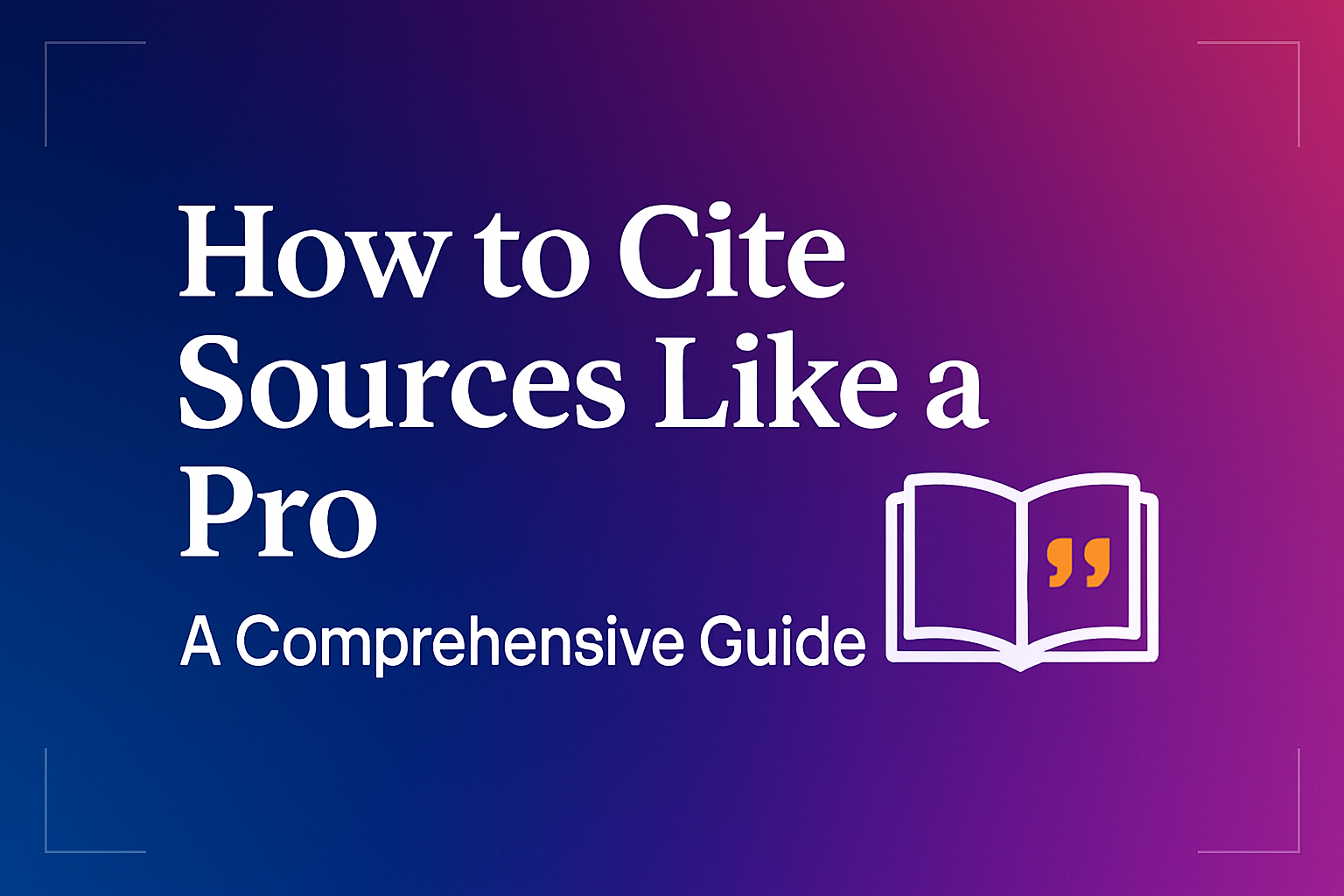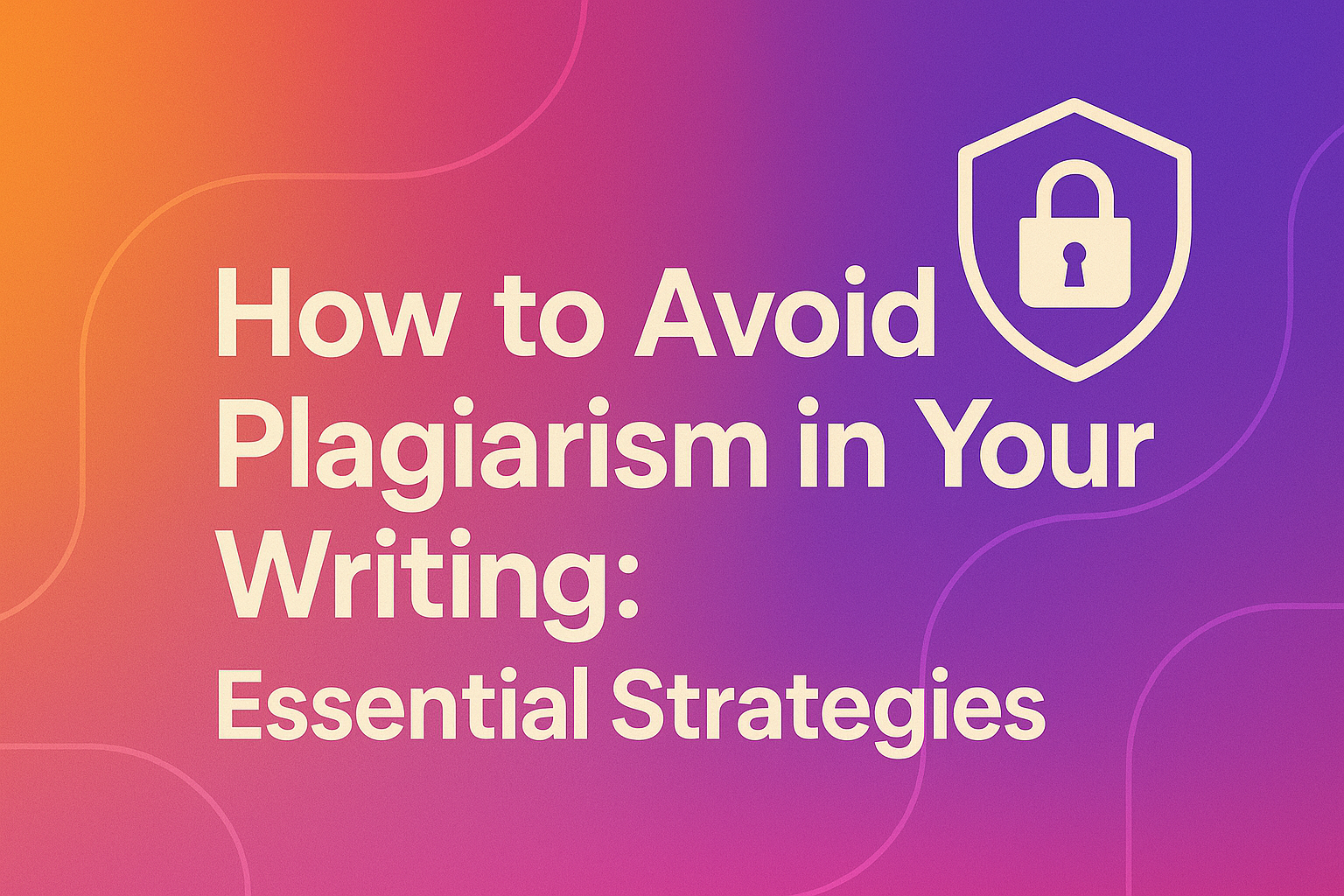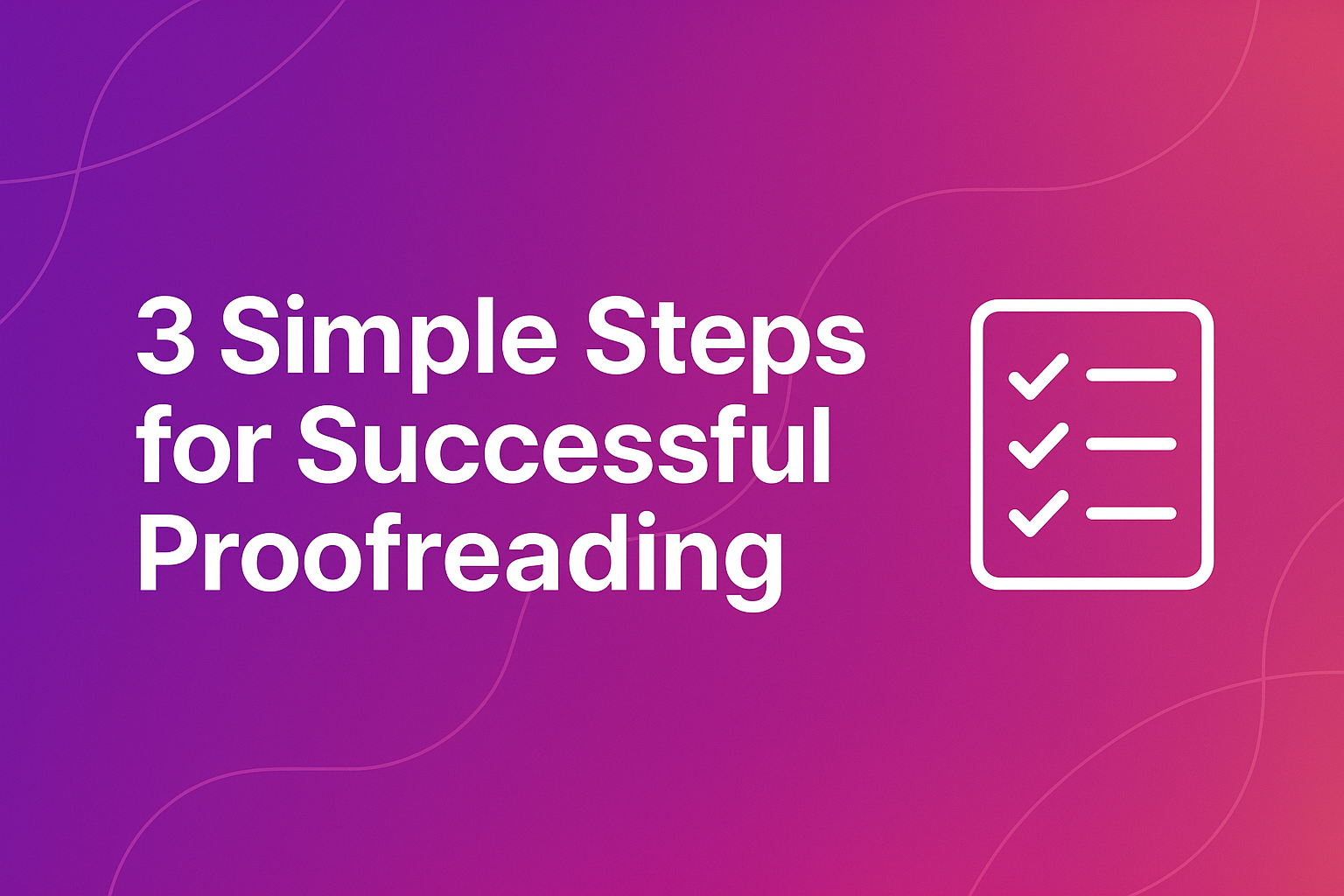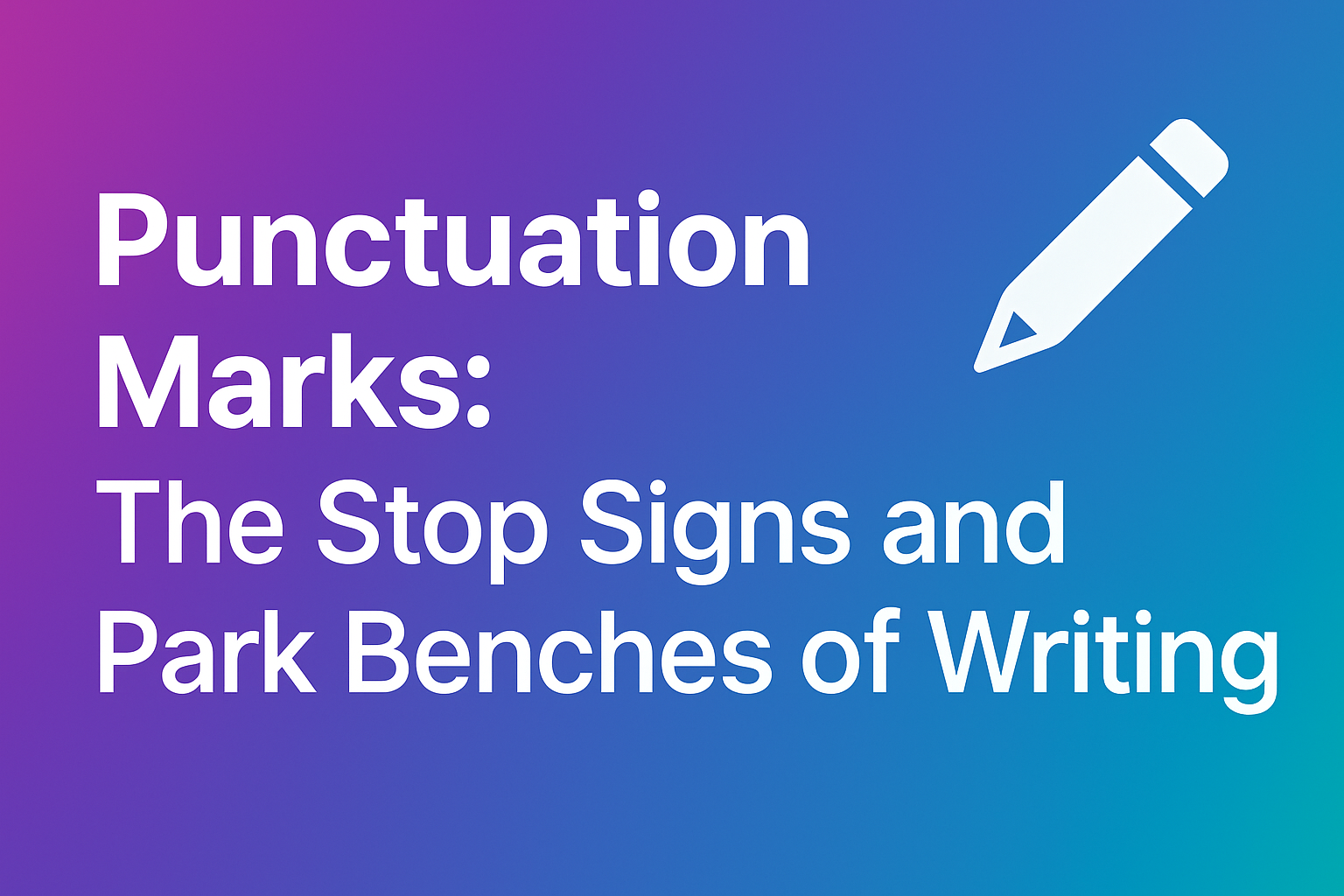Plagiarism—the act of using someone else's words, ideas, or work without proper attribution—carries serious consequences in academic, professional, and creative contexts. Whether you're a student preparing a research paper, a professional developing materials, or an author crafting your next piece, understanding how to avoid plagiarism is essential for maintaining integrity and developing your unique voice.
Understanding Plagiarism: More Than Just Copying
Before diving into prevention strategies, it's important to understand what constitutes plagiarism. Many individuals, especially beginners, don't realize that plagiarism extends beyond verbatim copying.
Common Types of Plagiarism
- Direct Plagiarism: Copying text word-for-word without quotation marks or attribution
- Mosaic Plagiarism: Borrowing phrases from a source and incorporating them into your work without citation
- Self-Plagiarism: Reusing your own previously published material without acknowledging it
- Accidental Plagiarism: Unintentionally using similar wording or forgetting to cite sources
- Source-Based Plagiarism: Citing incorrect or non-existent sources
- Idea Plagiarism: Using someone else's unique ideas or analyses without attribution, even if expressed in different words
Why People Plagiarize (Often Unintentionally)
Understanding the common reasons behind plagiarism can help you avoid these pitfalls:
- Time pressure leading to cutting corners
- Poor note-taking making it difficult to distinguish between your ideas and source material
- Lack of confidence in your own abilities to express ideas
- Confusion about citation rules and what needs attribution
- Cultural differences in approaches to knowledge sharing and attribution
Essential Strategies to Avoid Plagiarism
1. Develop a Structured Research Process
A methodical approach to research helps maintain clear boundaries between your ideas and those from sources:
Create a Research Plan
- Identify key questions before starting research
- List potential sources and categorize them by relevance
- Schedule specific time blocks for research, note-taking, and composition
Take Organized Notes
- Always record complete source information (author, title, publication, date, page numbers, URL)
- Clearly distinguish between direct quotes, paraphrases, and your own thoughts
- Use different colored highlights or separate sections in your notes
- Consider using research management tools like Zotero, Mendeley, or EndNote
2. Master the Art of Paraphrasing
Effective paraphrasing involves genuinely processing and restating information in your own words:
The Three-Step Paraphrasing Method
- Read and understand the original passage completely
- Set the original aside and compose your version without looking at the source
- Compare your version with the original to ensure different wording and structure while maintaining accuracy
Paraphrasing Best Practices
- Change both vocabulary AND sentence structure
- Maintain the original meaning while using your own voice
- Still include a citation, as paraphrasing only changes the wording, not the need for attribution
- Read your paraphrase aloud to check that it sounds like your natural expression style
Example of Poor vs. Effective Paraphrasing:
Original:
"The widespread use of social media has fundamentally altered how people communicate and form relationships in the 21st century, creating both unprecedented opportunities for connection and unforeseen challenges to privacy and mental health."
Poor Paraphrase (still plagiarism):
The common use of social media has basically changed how individuals interact and build relationships in today's world, generating both new opportunities for connecting and unexpected issues for privacy and psychological wellbeing.
Effective Paraphrase:
Communication patterns and relationship formation have undergone significant transformation due to social media's popularity. While these platforms offer new ways to connect with others, they simultaneously raise concerns about private information protection and psychological impacts (Smith, 2023).
3. Quote Directly When Necessary
Sometimes, the original wording is so precise or authoritative that direct quotation is preferable:
When to Use Direct Quotes
- When the exact wording is particularly powerful or distinctive
- When precision is crucial (definitions, laws, official statements)
- When you want to analyze or respond to the specific language used
Quoting Best Practices
- Use quotation marks for exact wording
- Format block quotes (typically for passages longer than 40 words) according to your style guide
- Introduce quotes with signal phrases that identify the source
- Include complete citations according to your required format (APA, MLA, Chicago, etc.)
- Don't overuse quotes—aim for a balance between quoted material and your own analysis
4. Cite Sources Properly
Citation is the formal way of giving credit to your sources:
Citation Fundamentals
- Familiarize yourself with the citation style required for your field or publication
- Create citations for ALL types of sources: books, articles, websites, interviews, videos, social media, etc.
- Include both in-text citations and a complete reference list or bibliography
- Cite even when you're paraphrasing or summarizing someone else's ideas
- When in doubt, cite—it's better to over-cite than under-cite
Common Citation Styles
- APA (American Psychological Association): Used in social sciences
- MLA (Modern Language Association): Common in humanities
- Chicago/Turabian: Used in history and some humanities fields
- Vancouver: Standard for medical sciences
- Harvard: Used in education and business disciplines
5. Develop Your Own Voice and Ideas
The most effective way to avoid plagiarism is to contribute original thinking:
Cultivating Originality
- Engage critically with source material by questioning, analyzing, and evaluating it
- Look for connections between different sources that others might not have made
- Use sources as a starting point for developing your own perspectives
- Balance research with reflection time to process information
- Maintain a journal of your own ideas and reactions as you research
6. Use Plagiarism Detection Tools Proactively
Plagiarism checkers aren't just for instructors or editors—authors can use them too:
Best Practices for Using Plagiarism Checkers
- Run drafts through tools like Plagly before final submission
- Use the reports to identify problematic passages that need revision
- Understand that similarity percentages aren't always indicators of plagiarism—they may just highlight common phrases
- Don't rely solely on these tools—they can't catch all forms of plagiarism, especially idea plagiarism
7. Implement a Personal Revision Focus
Add specific plagiarism-focused revision to your editing process:
Plagiarism-Check Revision
- Review all statements of fact to ensure they're either common knowledge or properly cited
- Examine passages where you synthesized multiple sources
- Double-check that all quotes have quotation marks and proper citations
- Verify that your reference list includes all sources cited in the text
- Have someone else review your work to spot unintentional similarities to sources
Special Considerations for Different Contexts
Academic Work
- Understand your institution's academic integrity policies
- Consult with professors or tutors when unsure about citation
- Keep detailed records of all sources consulted, even if not directly quoted
- Be especially careful with collaborative work and ensure proper attribution of contributions
Professional Documents
- Be aware of copyright laws that apply to your industry
- Understand the difference between common industry knowledge and proprietary information
- Get written permission when using substantial portions of others' work
- Credit colleagues' contributions to projects and reports
Creative Projects
- Recognize the difference between inspiration and copying
- Understand "fair use" limitations and when permission is required
- Be cautious with cultural appropriation issues
- Properly attribute when drawing from real events or others' experiences
Online Materials and Social Media
- Credit original creators when sharing content
- Use proper attribution for images and videos
- Link back to original sources
- Understand that digital material is still protected by copyright laws
When in Doubt: Best Practices
- Ask an expert: Consult with instructors, editors, or tutors
- Over-cite rather than under-cite: It's better to include an unnecessary citation than to omit a necessary one
- Keep research records: Maintain organized notes with complete source information
- Start early: Give yourself enough time to properly research, compose, and cite
- Use resources: Take advantage of citation guides, style manuals, and support services
Conclusion
Avoiding plagiarism is about more than following rules—it's about developing your integrity as a thinker and creator. By implementing these strategies, you protect your reputation, respect others' intellectual property, and develop your unique voice.
Remember that learning to properly integrate sources takes practice. Each time you create something, your skills in paraphrasing, quoting, and citing will improve. Over time, these practices become second nature, allowing you to focus on communicating your ideas effectively while building upon the work of others ethically.
The effort you invest in maintaining originality and proper attribution not only prevents the serious consequences of plagiarism but also strengthens your work and contributes to a culture of respect for intellectual creation.





